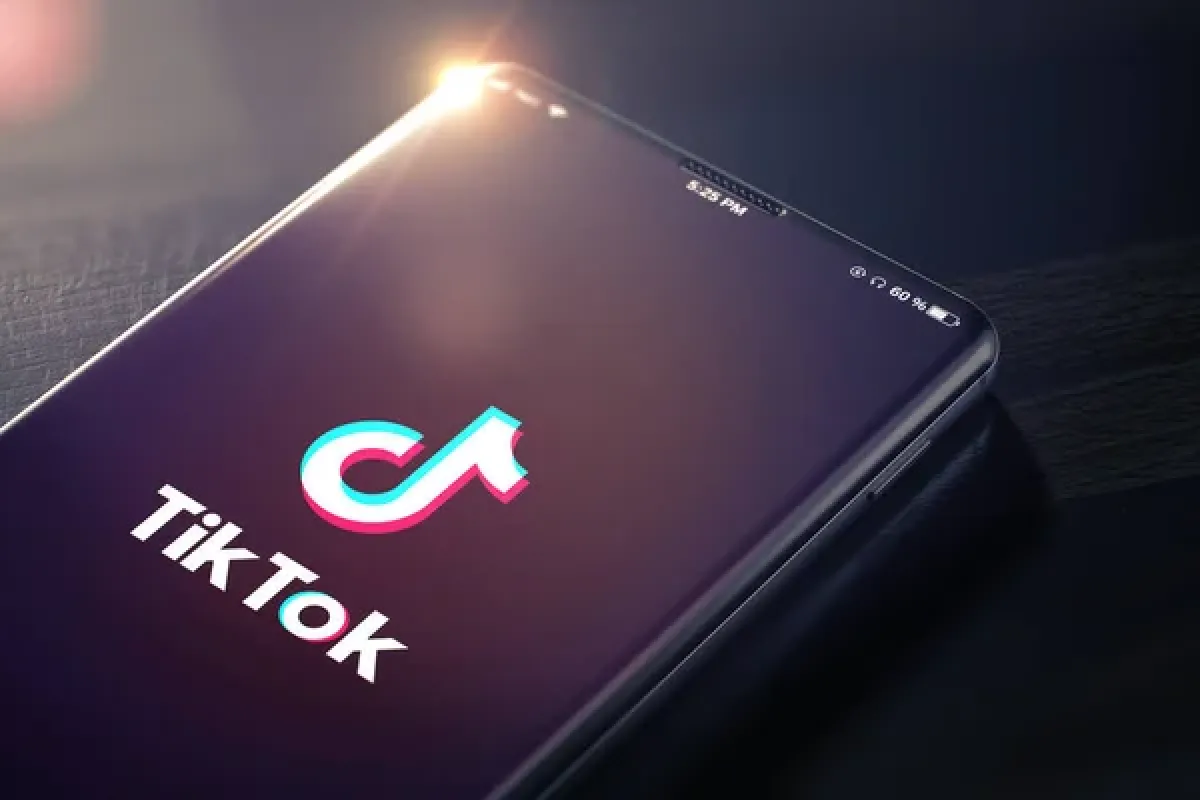Moolenaar: To Save TikTok, ByteDance Must Go

WASHINGTON, D.C. — This morning, Chairman Moolenaar took to National Review to assert that any deal allowing ByteDance to retain control of TikTok would not only fail to address national security threats but would also be a direct violation of the law.
Read the Chairman’s op-ed here or continue below:
As TikTok’s sale-or-ban deadline looms, there are concerning reports that ByteDance, TikTok’s parent company and a close ally of the Chinese Communist Party, is trying to retain control over the app in any potential deal. In an effort to influence public opinion, ByteDance has flooded the country with TikTok ad campaigns, which only heighten suspicions about the true nature of TikTok’s current operations. This is precisely why we should be even more vigilant — ByteDance’s control over TikTok has already jeopardized our national security. The law is clear: any deal must eliminate Chinese influence and control over the app to safeguard our interests.
If ByteDance remains in charge, we’ll be facing another underappreciated set of risks: a future plagued by legal chaos and shareholder lawsuits that would hurt U.S. consumers and businesses and shackle American tech companies. Failing to carefully enforce the law would trigger catastrophic consequences. To protect the American people from the CCP, ByteDance must be exorcised from TikTok.
ByteDance is reportedly pushing for a licensing deal and appears to be working to keep its tentacles in TikTok in two key ways. First, by making sure TikTok continues to run on ByteDance’s algorithm and core applications, ByteDance would maintain access to valuable user data and internal operations. Second, by keeping TikTok staffed with ByteDance loyalists and holding onto a significant ownership stake, ByteDance would retain the power to influence and control the platform.
This setup reeks of déjà vu — in 2023, through the failed Project Texas, ByteDance tried to create the illusion of better data privacy by storing Americans’ data on U.S. servers, all while ByteDance kept its grip on the platform. On the surface, shifting data storage to the United States might have seemed like a reasonable fix, but it ignored the real issue: ByteDance’s control over TikTok. It’s no shock that even after Project Texas was rolled out, Americans’ data kept flowing to China, and ByteDance still had the power to censor and quietly manipulate users through TikTok’s algorithm. It’s clear why this approach has been shot down by Congress and by the executive branch — it doesn’t fix the core problem.
A deal that keeps ByteDance in control wouldn’t just miss the mark on addressing national security concerns — it would directly violate the law. The Protecting Americans from Foreign Adversary Controlled Applications Act, enacted with bipartisan support and upheld by the Supreme Court earlier this year, lays out clear rules for a proper divestiture: This means ByteDance must fully divest its control of TikTok and have no say in its operations; nor can the two share data, content, or algorithms. These are non-negotiable, and any deal that doesn’t meet these requirements simply isn’t legal.
A deal that doesn’t meet the requirements not only poses a national security threat but also sets the stage for major fallout across the tech industry. We’re already seeing the early signs. Akamai, a key service provider for TikTok, has openly acknowledged the legal risks it faces under the current arrangement. If ByteDance continues to control TikTok, U.S. tech giants such as Google, Apple, and Oracle could soon find themselves facing shareholder lawsuits, leading to escalating penalties and massive fines. The ripple effect from these legal battles could ultimately destabilize the tech sector, undermine investor confidence in these firms, and wreak havoc on the millions of Americans who depend on this industry.
A bad deal would also undermine the rule of law, create confusion, and erode trust in our legal system. It would set a dangerous precedent for CCP influence over U.S. digital infrastructure, weakening Congress’s authority and opening the door for adversaries to exploit weaknesses in our tech ecosystem. Simply put, the stakes are incredibly high.
There’s still time for a “deal of the century” — but only one that fully adheres to the law. ByteDance must divest, plain and simple. If that doesn’t happen, TikTok’s days in America are numbered. This isn’t just about an app; it’s about the future of American tech, the integrity of our digital infrastructure, and the rule of law. As chairman of the House Select Committee on China, I am committed to ensuring that any deal with TikTok meets the clear statutory requirements laid out by Congress. We cannot afford to gamble with the future of American tech and national security. If we don’t stand firm now, the consequences will be felt for generations to come.